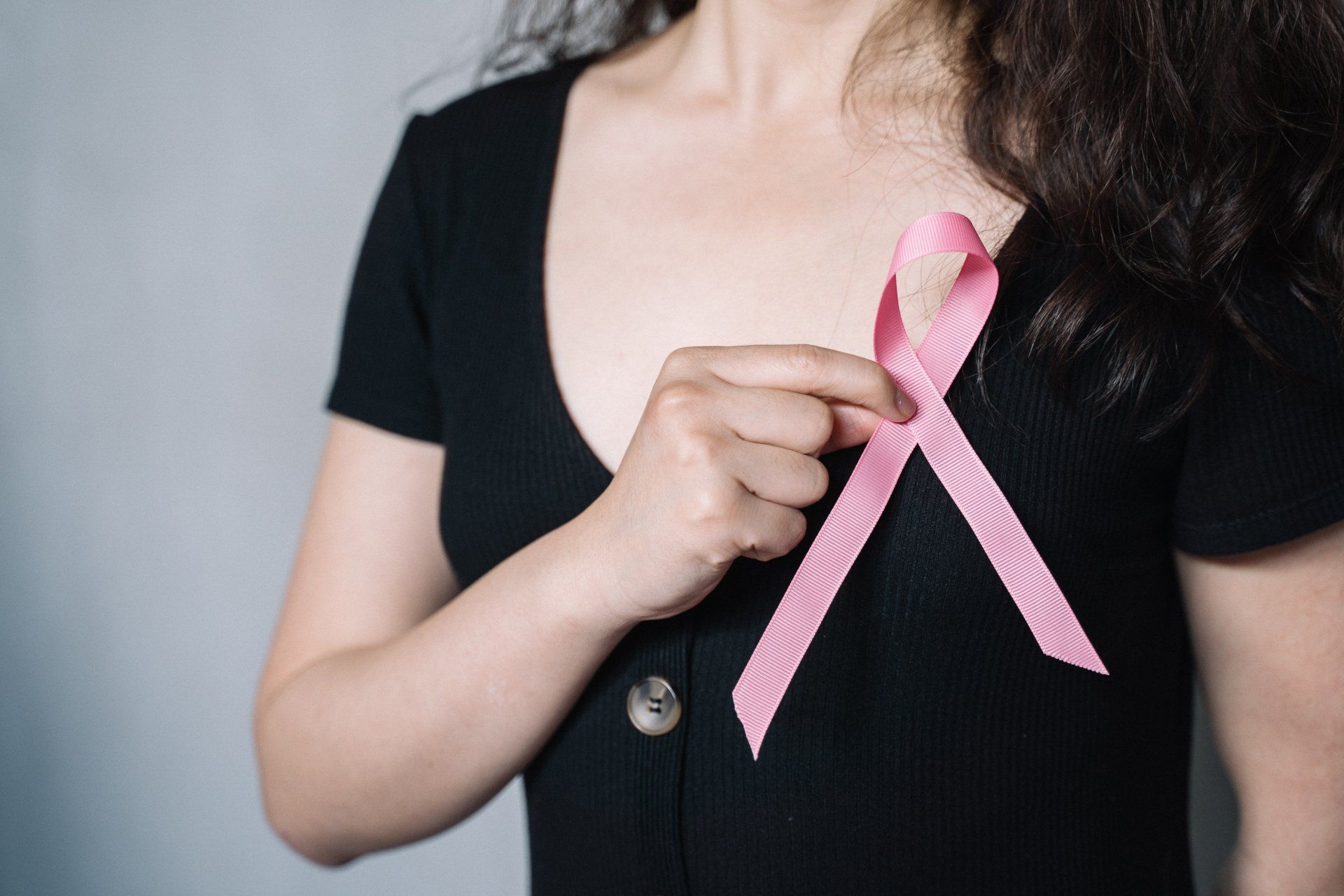How to Enjoy Life After a Mastectomy

Unquestionably, there's no instant cure for enjoying life after a mastectomy.
In fact, the journey begins before the actual surgery.
Once you've been informed that all other alternatives have been exhausted and breast removal is the only option, you experience an overflow of emotions.
Then, the questions come:
- What will my life be like?
- How do I tell my family?
- Will I want others to see me after my breasts are gone?
- Will I still be beautiful?
These are all normal reactions.
But there's still more to come.
The doctor will advise on follow-up treatment, wound care, diet, and exercise protocols before you leave the hospital.
As with all other major surgeries, you will go through a healing process.
This could include symptoms like:
- Pain
- Swelling
- Numbness
- Other physical challenges
- Emotional struggles
Before going any further, it's important to note the reason behind the procedure.
Breast Cancer Caused the Mastectomy
Breast cancer is the underlying cause of having a mastectomy.
The CDC defines breast cancer as "a disease in which cells in the breast grow out of control."
Please understand that breast cancer is usually treatable, especially if discovered early.
But finding the disease requires having a routine diagnostic test, such as a mammogram.
Unfortunately, earlier detection doesn't necessarily mean the treatment will be successful.
There are different types of breast cancers, and some are more aggressive than others.
Now that you have some background on the cause of the mastectomy, one question remains.
What is a mastectomy?
A Mastectomy Changes Your Life
A mastectomy is a surgery where one or both breasts are removed. Depending on your circumstances, the doctor will remove all or part of a breast.
A mastectomy may be performed as a treatment for certain types of breast cancer.
It could also be done as a precaution when there is an increased risk of developing breast cancer.
Before your hospitalization, you and your specialist will discuss the different types of breast reconstruction methods that are available. And you will choose the one that best suits your needs.
Now that you've had the surgery and are going home, what happens next?
At first, you will probably focus on managing the post-surgical experience's medical aspect.
However, after a few weeks, reality sets in.
You just experienced a major life change!
Needs to Address After a Mastectomy
Several needs should be addressed after having a mastectomy.
Attending to these parts of your life could help you gain a positive outlook on your new life's journey and restore your emotional and physical well-being.
Meet Regularly with a Therapist
It's common for depression, sadness, and fear to arise after a mastectomy.
A therapist can help you express your feelings and gain insight into coping strategies.
Of course, your body might look different. And it could make you feel you've lost your femininity or sex appeal. You may need time to adjust to having implants instead of your natural breasts.
Your relationships could also become challenging. You may experience emotional highs and lows about intimacy.
You may be embarrassed by scars, especially if they are keloids.
A further adjustment is accepting your inability to do the same activities you were able to do before the surgery.
Join a Support Group
A support group would allow you to engage with others in similar situations.
It's not always easy to express your deepest thoughts and feelings to your close family and friends, especially those who don't know the extent of what you're going through.
However, within a support group, you'll find women with first-hand experience with what's happening to you physically and emotionally. And they will not judge you.
Have a Discussion with Your Family
Consider sitting down with your family to discuss the outcome of this life-changing event and how it will affect the household.
You may want to ask the other family members to take on duties they aren't used to doing.
Counseling is also available for families trying to understand and cope with the effects of an illness.
Couples therapy can help, as well, to address problems with intimacy.
You and your significant other may need to go over the finances together.
Additional supports, such as a cleaning service or childcare, may need to be added to the budget. Additionally, the costs of special bras and other supplies are another consideration.
Ask Nearby Family and Friends for Help
You may want to enlist the assistance of nearby family and friends.
Having someone else to do things like grocery shopping or picking up the kids would give you time to concentrate on medical appointments, pain management, and other activities associated with your recovery.
Explore a New Hobby
Exploring a new hobby or pursuing an old-forgotten passion might help you to relax.
For instance, maybe you always wanted to paint, or you love to read but never found the time. This could be the perfect opportunity to use your creative energy to lift yourself up.
Final Thoughts
Self-care is vital when you want to enjoy life after a mastectomy. And this includes addressing all unmet needs.
Restorations and adjustments take time. You will need to exercise patience throughout your entire journey.
Your body may never be the same as it was before the surgery. But that doesn't mean you can't enjoy your new life.
It might come with challenges. So why not celebrate the accomplishments?
Your story may be the one the next woman needs to give her a glimmer of hope.
Your medical provider and other healthcare professionals should be able to assist with finding therapists in your local area.
The American Cancer Society has a 24-hour cancer helpline and can help you locate a support group. The organization also has loads of information and resources on its site.
Help is available. It simply takes the courage to ask for it so that you can begin to enjoy life after a mastectomy!
Sources:
Mammogram Procedure | Johns Hopkins Medicine
The Emotional Toll of a Mastectomy – Regional Cancer Care Associates
Find Support Programs and Services in Your Area (cancer.org)
Thank you for reading Patient Education Essentials, the Write Shift RN blog.
Disclaimer: This article was written as a guest post for Write Shift RN LLC's blog. The information in it may not be wholly fact-checked or edited, allowing the reader to see the writer's work and skills firsthand. This information is not intended as medical advice. It is for informational and educational purposes only. Always talk to your doctor or other qualified healthcare providers about any questions or concerns you may have regarding medical conditions.











